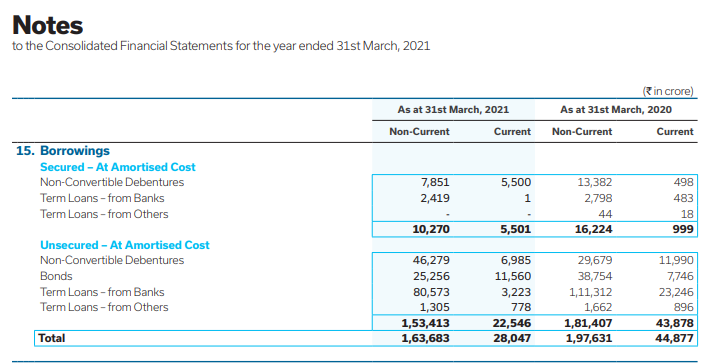
RBI did a "switch" today, converting nearly Rs. 120,000 cr. of government securities from short term to long. What does this mean? 

RBI holds a lot of government bonds. Roughly 11 lakh crores. It should - all central banks tend to own bonds of their own country's government. (RBI owns 42 lakh crores of foreign government bonds, as part of forex reserves)
When the bonds come closer to maturity, RBI will effectively get money from the government and it might then have to use that money to buy more government bonds (to retain the allocation). Instead they just switch the bonds.
Effectively, the government buys back the near term bonds, and issues more longer term bonds to the RBI. This was about 35,000 cr. in 2021. rbi.org.in/Scripts/BS_Pre…
This year its close to 120,000 cr.
This year its close to 120,000 cr.
The government doesn't actually pay anything - it just replaces some debt with more debt just at a later maturity. This reduces near term liquidity issues for the government, but also ensures that it needs to borrow a little less.
In the current financial year, the gross borrowing (total amount they needed to borrow) was around 12 lakh cr. But of that there was a maturity of around 3 lakh cr worth bonds, so "fresh" or "net" borrowing was only 9 lakh cr. for FY22.
Similarly, there will be a gross borrowing for next year (typically, fiscal deficit+any other borrowing that matures). Around 60-70K cr. of next year's maturity has now been switched. So there's that much lower gross borrowing next year by as much as 5%.
This is probably why bonds went up - around 5% less borrowing means less supply coming. However, how much they will actually borrow, etc. will only be known as an estimate tomorrow.
And note that things are looking really good for the government. Tax collections up till December are more than 95% of expected full year collections! Usually is 70% to 75%.
• • •
Missing some Tweet in this thread? You can try to
force a refresh












